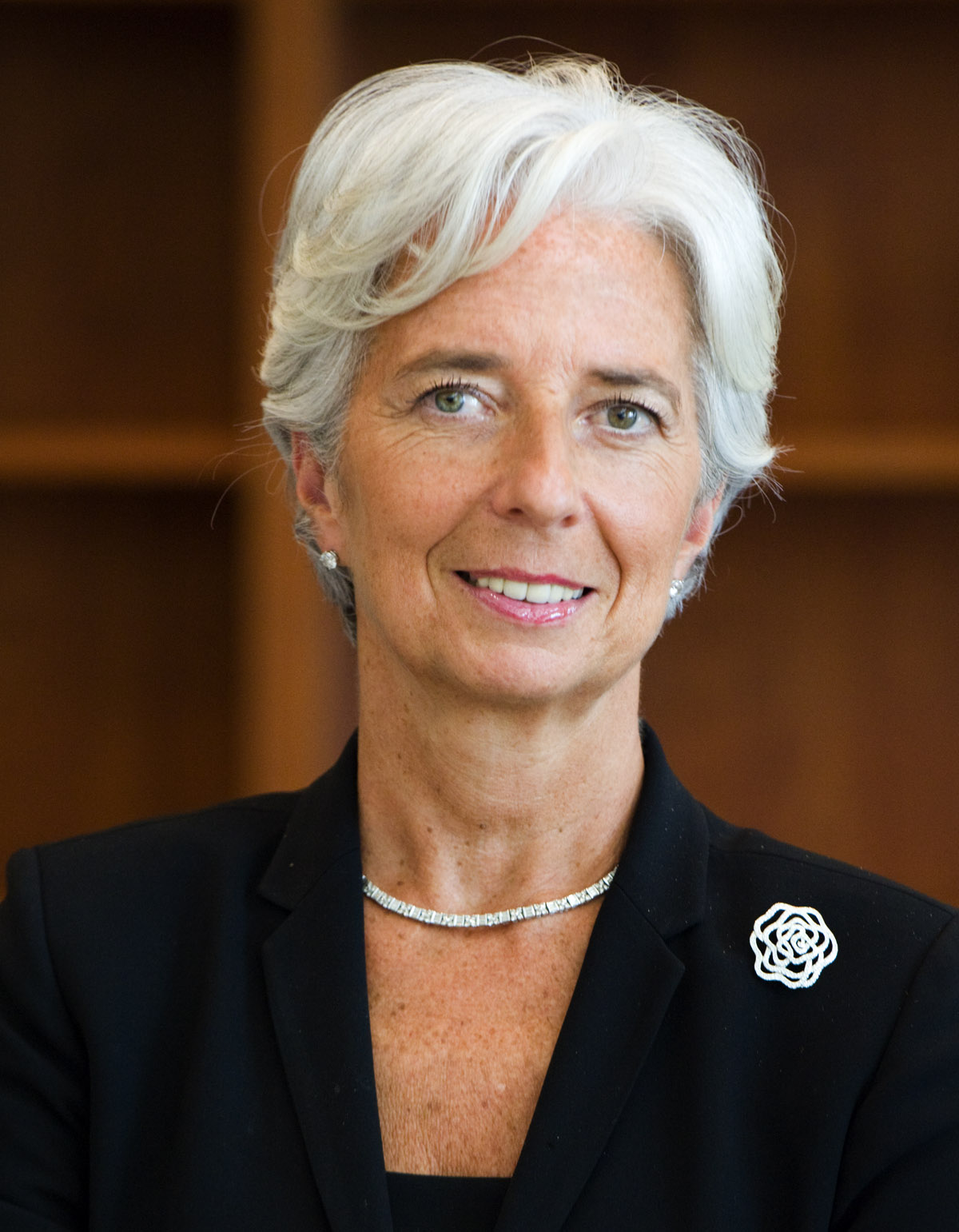Corrupt officials, tax cheats, and the financial backers of terrorism have one thing in common: they often exploit vulnerabilities in financial systems to facilitate their crimes.
Money laundering and terrorist financing can threaten a country’s economic and financial stability while funding violent and illegal acts. That is why many governments have stepped up the fight against such practices, helped by international institutions such as the IMF.
Measures against money laundering and the financing of terrorism, known by their acronym as AML/CFT , are designed to prevent the misuse of the financial system. They call for the detection, reporting, and confiscation of suspicious financial flows and for sanctioning of criminals.
These efforts have been part of the Fund’s work for almost two decades—from analysis and policy advice, to country assessments against AML/CFT standards, to building institutional and operational capacity.
We have contributed to the progress made so far by working closely with our members and the standard setter, the Financial Action Task Force ( FATF). But there is more work to be done to ensure that financial systems support needed economic growth without being misused.
Let me highlight three areas:
First, we need to help countries intensify the fight against corruption and tax evasion. We will soon release new analysis that shows how systemic corruption can seriously undermine a country’s ability to deliver sustainable and inclusive growth.
Large-scale tax evasion is also problematic, because it typically means less investment in health, education, and other public services. It also means higher economic inequality because the most vulnerable are most affected by lower social spending.
AML/CFT measures can help break this vicious economic cycle. A good example is Greece, where the strengthening of the AML framework—with the help of the IMF—facilitated the seizure of hundreds of millions of euros in proceeds from tax crimes.
Second, we need to promote more effective ways of combating the financing of terrorism. This means building on our experiences. Most recently in Sudan, we worked with the government to develop a framework for the implementation of targeted financial sanctions.

But this is not enough. Governments need to increasingly harness the power of financial technology. While fintech can be misused—including through the anonymity of virtual currencies—it can also be a powerful tool to strengthen our defenses against terrorist financing.
Think of machine learning and other artificial intelligence tools that could help detect patterns of suspicious financial flows, including very small transactions. And think of the “distributed ledger” technology that could help protect financial systems against cyber-terrorism.
Third, we need to help ensure that small and fragile economies have access to correspondent-banking services that connect them to the global financial system. There has been a high degree of concern that global banks might cut their correspondent-banking business indiscriminately to minimize the risk of breaching AML/CFT rules.
This would jeopardize the economic wellbeing of a number of countries, including in Africa, the Middle East, emerging Europe, Latin America, and the Caribbean. New research shows that correspondent-banking relationships have indeed been under pressure in many regions between 2011 and 2016.
To be clear, this issue has many dimensions, involving regulators, the financial industry, and the affected countries themselves. The best response is to promote concerted efforts by all stakeholders.
The good news is that FATF recently clarified regulatory expectations under the AML/CFT standard. This may reduce the likelihood of an indiscriminate withdrawal of correspondent-banking relationships.
For its part, the IMF has been working hard to bring together local banks, global banks, and other key stakeholders to develop practical solutions, most recently in the Caribbean, Middle East and Northern Africa, and the Pacific Islands.
We are also helping countries, such as Angola and Samoa, develop and implement measures to address the withdrawal of correspondent banking relationships.
More broadly, the IMF continues to support the full range of AML/CFT efforts. For example:
- We have been working with Costa Rica, Peru, and Uruguay to develop national AML/CFT strategies.
- We recently helped Ukraine improve its AML/CFT supervision.
- And we supported Mongolia in strengthening the governance and capacity of its financial intelligence unit.
In total, we have provided technical assistance on AML/CFT to 120 countries . And I am proud that our assistance was instrumental for countries such as Myanmar, Nepal, and Sudan to exit FATF monitoring and reconnect to the global financial system.
In all these areas, we need greater international cooperation—so that in all countries we can eradicate the scourges of terrorism, corruption, tax evasion, and financial exclusion. Of course, this is a never-ending task because criminals tend to be highly motivated and, in many cases, highly skilled as well as ahead of the curve.
As the novelist and poet Sir Walter Scott once put it: “Oh what a tangled web we weave, when first we practice to deceive.”
I am convinced that, by standing together as one, we can cut through the tangled web of suspicious transactions and bring the deceivers to justice. This is good for financial integrity, and good for inclusive growth that benefits all.









